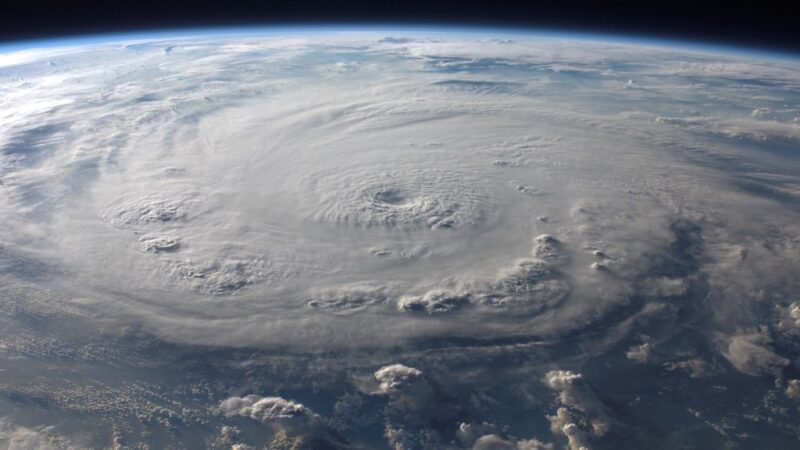Prepping for emergencies is not just about having the right physical supplies, but also being mentally and emotionally prepared for the unexpected.
Mental and emotional preparedness plays a crucial role in survival situations, as it allows individuals to stay calm, make clear decisions, and remain resilient during difficult times.
Mental and emotional preparedness is a vital aspect of prepping that is often overlooked. It is essential to have the right physical supplies such as food, water, and shelter, but it is equally important to be mentally and emotionally prepared for the unexpected.
In a survival situation, being able to stay calm, make clear decisions, and remain resilient can mean the difference between life and death.
In this article, we will explore the importance of mental and emotional preparedness in prepping, and provide strategies for staying mentally and emotionally prepared for emergencies.
The Importance of Mental and Emotional Preparedness
The importance of mental and emotional preparedness cannot be overstated. In survival situations, the ability to stay calm and make clear decisions can mean the difference between life and death. Mental and emotional preparedness also plays a crucial role in overall well-being and resilience during difficult times. Those who are mentally and emotionally prepared are better equipped to handle the stress and uncertainty that come with emergencies.
When faced with an emergency, the human body releases stress hormones such as adrenaline and cortisol, which can cause physical symptoms such as increased heart rate, sweating, and difficulty focusing. These symptoms can make it challenging to think clearly and make decisions, which is why mental and emotional preparedness is crucial. It helps to reduce the effects of stress hormones, so that one can stay calm, focused, and make rational decisions.
Mental and emotional preparedness also plays a vital role in overall well-being and resilience during difficult times. Those who are mentally and emotionally prepared are better equipped to handle the stress and uncertainty that come with emergencies. They can maintain a positive attitude, stay motivated, and have a sense of control and empowerment during the tough times. This can help to prevent feelings of hopelessness, anxiety, and depression, which can arise during a crisis.
In addition to the above, mental and emotional preparedness also includes the ability to cope with the emotional impact of an emergency. This includes dealing with the loss of loved ones, homes, and possessions. It also includes coping with the trauma and stress that come with the emergency. Those who are mentally and emotionally prepared are more likely to be able to cope with these emotional impacts in a healthy way and recover more quickly.
Strategies for Mental and Emotional Preparedness
One of the most important strategies for achieving mental and emotional preparedness is staying informed and educated about potential emergencies and how to respond to them. This can include learning about emergency response plans in your area, knowing how to contact emergency services, and staying up-to-date with the latest news and information about potential hazards. Knowing what to expect and what steps to take can reduce fear and anxiety, and increase a sense of control and empowerment.
Another strategy for mental and emotional preparedness is to practice deep breathing exercises and visualization techniques to stay calm and focused in stressful situations. This can include techniques such as diaphragmatic breathing, progressive muscle relaxation, and guided imagery. These techniques can help to reduce the effects of stress hormones and improve overall mental and emotional wellness.
Maintaining a positive attitude and staying motivated during difficult times is also crucial for mental and emotional preparedness. This can be achieved by setting goals, practicing gratitude, and surrounding oneself with positive and supportive people. It is also important to take care of one’s emotional and mental health by getting enough sleep, eating a healthy diet, and engaging in regular physical activity.
Another key aspect of mental and emotional preparedness is having a support system. This can include family, friends, and community members who can provide emotional support and practical assistance. It’s also important to have a professional support system that includes a therapist or counselor who can help you process and cope with the emotional impact of an emergency.
It’s also vital to practice mindfulness and meditation practices to improve emotional and mental wellness. Mindfulness and meditation can help to reduce stress, increase emotional regulation and improve overall mental and emotional wellness.
The Final Word
Mental and emotional preparedness is an essential aspect of prepping. It is not just about having the right physical supplies, but also being mentally and emotionally prepared for the unexpected. By staying informed, practicing deep breathing exercises, visualizing, and maintaining a positive attitude, one can stay calm, make clear decisions, and remain resilient during difficult times.
We encourage readers to prioritize mental and emotional preparedness in their prepping plans and to take steps to improve their emotional and mental wellness.






